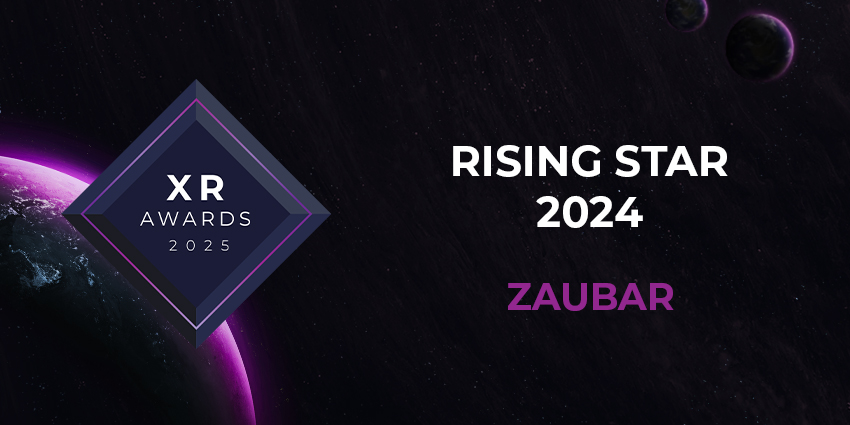
Stefan Marx
Co-founder, CEO
ZAUBAR
Stefan Marx
What has been your business/work highlight of 2024 so far?
What’s the biggest business mistake you’ve made and what did you learn from it?
The biggest business mistake we’ve made was not exploring different markets and industries earlier. Initially, we focused on a confined, narrower target group. However, we soon realised that there was an unmet demand for extended reality technology across various sectors and not just within Germany. This experience taught us the importance of being open to broader opportunities and adapting our approach to meet diverse market needs.
What’s the biggest challenge you face in your role in 2024?
The biggest challenge I face in my role in 2024 is bridging the gap in AI applications within immersive technologies. While other forms of AI have seen rapid advancements and widespread adoption, AI in immersive tech—such as augmented reality (AR) and virtual reality (VR)—is still catching up. This part of the technology is relatively novel, and integrating AI effectively to create truly immersive and intelligent experiences requires significant innovation and development.
Our team is deeply invested in advancing this area, but it demands not only technical prowess but also patience and effective communication. One of the critical aspects of my role is to articulate our vision and the potential of these immersive AI technologies to clients, partners, and investors.
What technology will have the greatest impact on your business this year and why?
Spatial agents. They are designed to be highly context-aware, meaning they can understand and respond to the specific details of their surroundings in real time. This capability allows them to provide personalised, context-specific information and assistance.
A significant application of spatial agents is in redefining how people get to know a location, navigate through it, and enjoy touristic experiences. These agents can offer immersive, interactive experiences by providing real-time information about historical sites, local culture, and hidden gems, making tourism more engaging and informative. For instance, a spatial agent could guide a tourist through a city, offering insights and stories about landmarks as they approach them or suggesting nearby attractions based on the user’s preferences and interests.
Furthermore, spatial agents embody cutting-edge technology, combining advancements in artificial intelligence, augmented reality, geolocation, and real-time data processing. Our company is at the forefront of this innovation.
